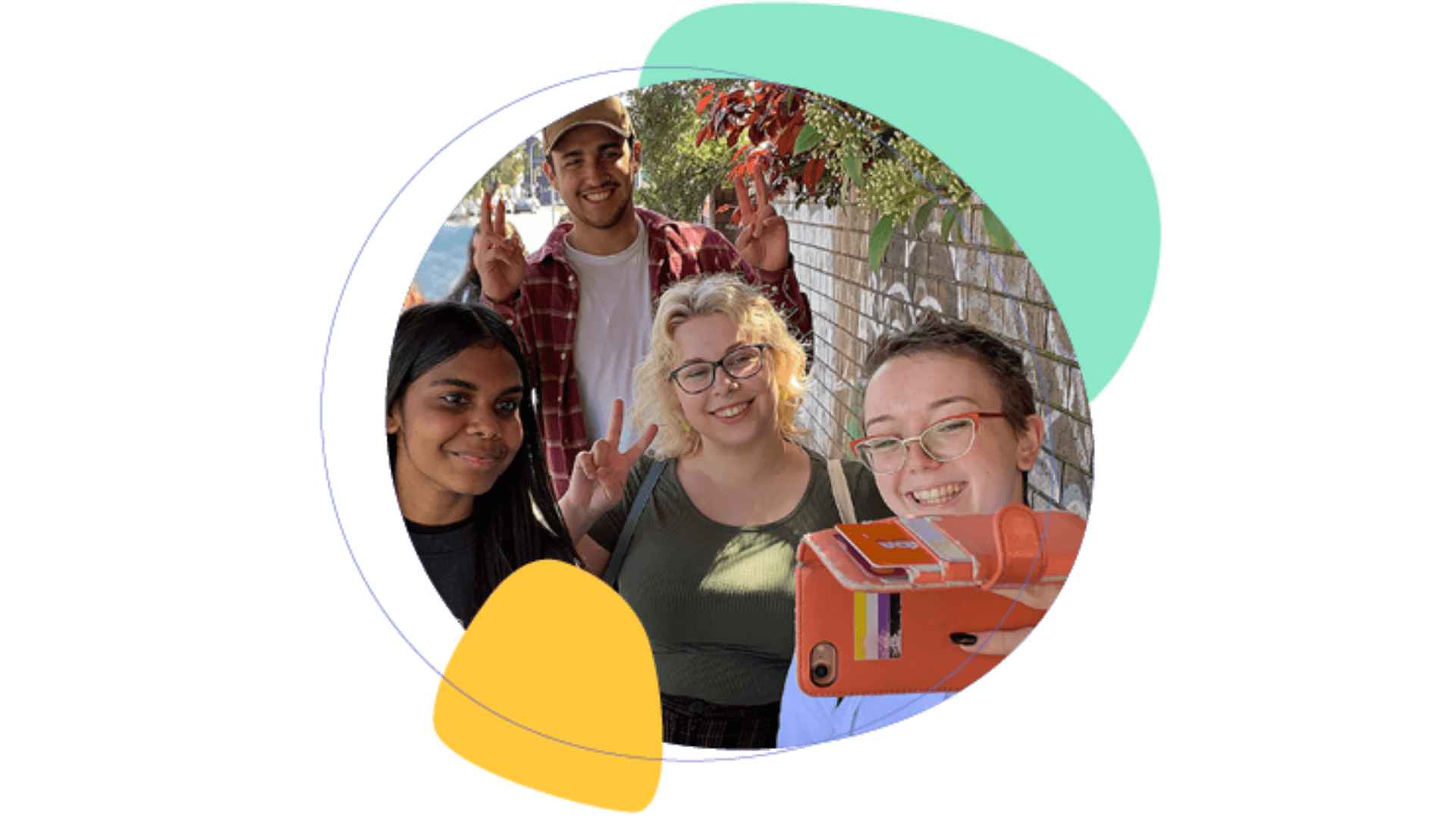Children and Youth

This page was published in 2017. The data may be out of date.
What is the issue?
Healthy emotional and social development in our early years lay the foundation for mental health and resilience throughout the lifespan. Yet, 70 per cent of persons living with a mental illness see their symptoms begin before age 18. Mental illness affects some 1.2 million of our children and youth. By age 25, that number rises to 7.5 million (about one in five Canadians).
Youth who need mental health services as they are entering the adult mental health system are often not well supported: less than 20 per cent receive appropriate treatment — a figure close to the number of children receiving needed mental health services.
What are we doing?
As part of our mandate, we are working with our partners to advance the mental health of infants, children, youth, and emerging adults. The resources we’ve developed include the following:

Mental health system transformation
The Mental Health Strategy for Canada: A Youth Perspective offers an accessible adaptation of the Mental Health Strategy for Canada. Created by MHCC’s Youth Council and written and designed by youth, it highlights the experiences and vision of young people who are working toward system change.
Addressing emerging adult mental health
- Taking the Next Step Forward: Building a Responsive Mental Health and Addictions System for Emerging Adults, a report that outlines the current delivery gaps in young persons’ transition to adult mental health and addiction services and makes recommendations to improve them by means of a responsive, integrated system.
- The Consensus Statement on the Mental Health of Emerging Adults offers an actionable vision for Taking the Next Step Forward (and similar provincial/territorial strategies) to help further advance policy and practice.
- Talking to Children About a Suicide – A conversation tool to help caregivers, parents, and guardians understand how to speak with children in their lives suicide when a suicide happens in the community or if someone they know has died by suicide.

The MHCC-W2A Rainbow Youth Health Forum Report and video series show what you can do to create safer, more inclusive spaces for two-spirit, lesbian, gay, bisexual, and queer (2SLGBTQ+) emerging adults in health-care settings.
Videos
- Emerging Adults Seek Change in Mental Health Services, a series featuring emerging adults who, through personal stories, offer insights into how the mental health system could be improved to meet their needs.
- Food for thought: A Youth Perspective on Recovery-Oriented Practice, developed with our Youth Council, it breaks down what young people see as core principles of recovery-oriented mental health and addiction services. Its companion Discussion Guide can help direct your self-reflection or facilitate critical discussions.

Post-secondary students standard
The National Standard of Canada for Mental Health and Well-Being for Post-Secondary Students – the first of its kind in the world – is a set of flexible, voluntary guidelines to help post-secondary institutions support the mental health and well-being of their students. In addition, a Starter Kit was created to help post-secondary institutions take their first steps in aligning with the Standard — in the COVID-19 context and beyond.
Early childhood mental health
See what we’re doing to help create a more supportive system, one that fosters positive early development, mental health, and resiliency across the lifespan.
Related Initiatives
How Emerging Adults and Service Providers Can Co-Create Mental Health Services
A one-hour panel discussion with perspectives from three emerging adults and service providers
Where they are and what they do: A practices of interest directory
Programs, resources, research, and more that support emerging adult mental health across Canada
Take it forward: Maintaining momentum on emerging adult mental health
A two-page synthesis on emerging adult mental health to support the implementation of the Consensus Statement’s priority recommendations
Resources
The Mental Health Commission of Canada (MHCC) created a number of resources to support the mental health and wellness of children and youth across Canada. Click on the links below for more information.

According to Statistics Canada (2022), suicide is the second leading cause of death among youth and young adults (15-34 years).[1] Approximately 17 to 20 per cent of all adolescent deaths…

Over the past five years, the MHCC has led a pan-Canadian research program to assess the impact of cannabis legalization and use on the mental health of diverse populations. This…

Parents and carers are often some of the most trusted adults in a young person’s life, and are an important source of information and support. For this reason, it is…

In Canada, an estimated 1.6 million children and youth have a diagnosed mental health challenge. The COVID-19 pandemic has had serious global economic and social impacts, and it continues to…



This resource was published in 2023. The data may be out of date. What am I getting wrong about mental health? While people in Canada are talking about mental health…
![]()
This resource was published in 2022. The data may be out of date. This three-part webinar series, co-hosted by the Canadian Centre on Substance Use and Addiction, focuses on emerging…
